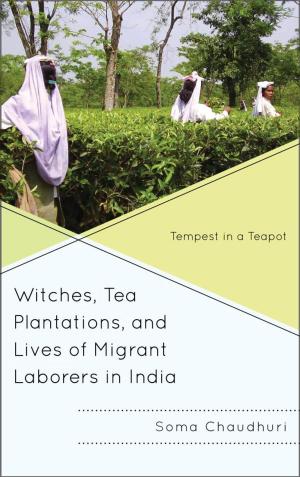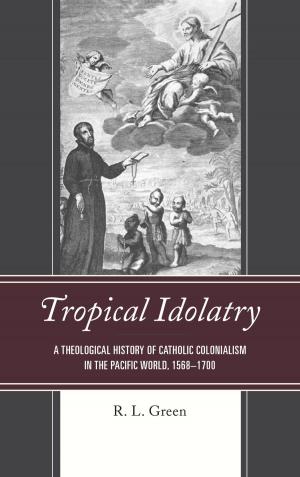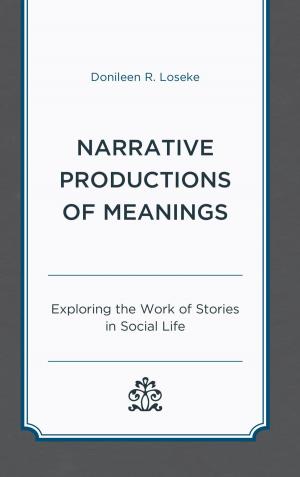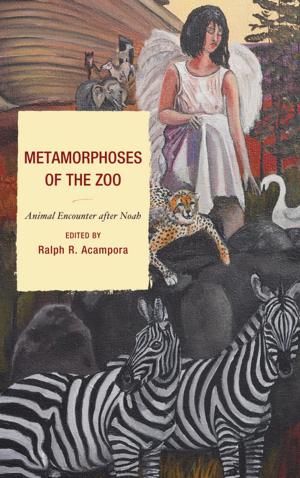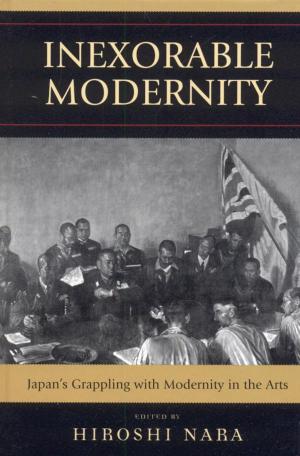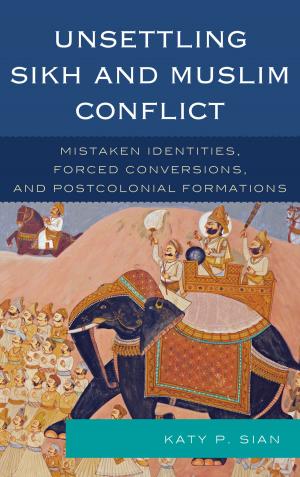Contemporary Critical Thought in Africology and Africana Studies
Nonfiction, Social & Cultural Studies, Social Science, Cultural Studies, African-American Studies| Author: | Nilgun Anadolu-Okur, Molefi Kete Asante, Daryl B. Harris, Clyde Ledbetter Jr., Michael Tillotson, University of Pittsburgh | ISBN: | 9781498530712 |
| Publisher: | Lexington Books | Publication: | December 30, 2015 |
| Imprint: | Lexington Books | Language: | English |
| Author: | Nilgun Anadolu-Okur, Molefi Kete Asante, Daryl B. Harris, Clyde Ledbetter Jr., Michael Tillotson, University of Pittsburgh |
| ISBN: | 9781498530712 |
| Publisher: | Lexington Books |
| Publication: | December 30, 2015 |
| Imprint: | Lexington Books |
| Language: | English |
Although traditional academic circles rarely celebrate the work of African or African American thinkers because performers and political figures were more acceptable to narrating histories, this work projects the ideas of several writers with the confidence that Africology, the Afrocentric study of African phenomena, represents an oasis of innovation in progressive venues. The book brings together some of the most discussed theorists and intellectuals in the field of Africology (Africana Studies) for the purpose of sparking further debate, critical interpretations and extensions, and to reform and reformulate the way we approach our critical thought. The contributors' Afrocentric approach offers new interpretations and analysis, and challenges the predominant frameworks in diverse areas such as philosophy, social justice, literature, and history.
Although traditional academic circles rarely celebrate the work of African or African American thinkers because performers and political figures were more acceptable to narrating histories, this work projects the ideas of several writers with the confidence that Africology, the Afrocentric study of African phenomena, represents an oasis of innovation in progressive venues. The book brings together some of the most discussed theorists and intellectuals in the field of Africology (Africana Studies) for the purpose of sparking further debate, critical interpretations and extensions, and to reform and reformulate the way we approach our critical thought. The contributors' Afrocentric approach offers new interpretations and analysis, and challenges the predominant frameworks in diverse areas such as philosophy, social justice, literature, and history.





